Chef's Talk
Chef Gerard Villaret Horcajo
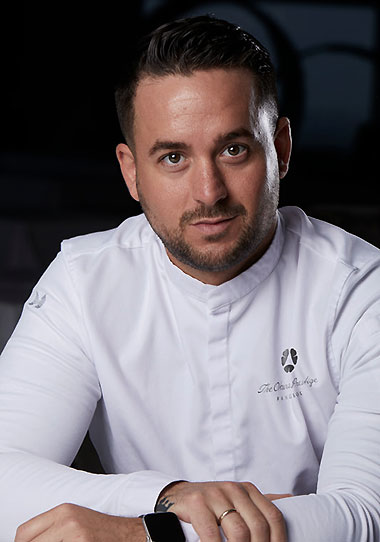 Chef Gerard Villaret Horcajo joined Elements, inspired by Ciel Bleu at The Okura Prestige Hotel Bangkok from Ciel Bleu, the Michelin two-star restaurant at Hotel Okura Amsterdam, where he worked alongside renowned chef Arjan Speelman.
Chef Gerard Villaret Horcajo joined Elements, inspired by Ciel Bleu at The Okura Prestige Hotel Bangkok from Ciel Bleu, the Michelin two-star restaurant at Hotel Okura Amsterdam, where he worked alongside renowned chef Arjan Speelman.
At Elements Chef Gerard’s dishes reveal his extensive gastronomic experience, focusing on seasonal specialties with a ‘from nose to tail‘ philosophy, resulting in sophisticated French cuisine laced with Japanese touches.
Chef Gerard began his professional journey as Demi Chef de Partie at Roses Restaurant, before moving to Vendome, a renowned three-star restaurant in Bensberg, Germany. He later worked at Daalder in Amsterdam (one Michelin star) and De Librije at Zwolle in the Netherlands, a rare holder of three Michelin stars. To improve his gastronomic skills and experience he pursued internships at a number of the world’s top restaurants, including at Dinner by Heston Blumenthal, a two-star Michelin restaurant in London, Azurmendi, a three-star Michelin restaurant in Basque Country, Spain and Pierre Marcolini in Brussels, Belgium.
Chef Gerard is passionate about world gastronomy and puts his heart and soul into his cooking. As as a native of Spain he speaks fluently Spanish, English fluently and basic Dutch.
Was your decision to become a chef conscious or did you fall into it?
I have to admit that my love and passion in cooking came from my brother. I have always looked up to my brother as I tend to follow his footsteps and I followed him into cooking at the age of 15. But not until I was in my 20s that I came to realize that I have fallen in love in cooking.
What are some emerging food trends that you’re noticing?
Personally, I think the food trends evolve in circles which means that the trends always return to basic cooking techniques, philosophy and presentation. Take the ingredients for example, chefs continuously pursue for the best quality of produce both locally and imported and make sure it being represent at its prime to ensure the freshness and also showcasing the seasonality.
What’s an emerging ingredient that you’re using a lot of these days?
I like to work with seafood, fish in particular. Each fish gives different texture, flavour and cooking technique. Japan is well known for its variety and fresh seafood and I enjoy working with Japanese seasonal seafood, giving me in any season, a wide choices.
What would you cook at home if you were just making a laid-back dinner?
It’s not very often that I get to cook at home. But when I do, I enjoy cooking dishes like pork & tofu Sichuan style, Katsu don, Shepherd’s pie, black-rice paella, and poke bowl depending on what my wife and I feel like to eat for a laid-back evening.
What’s the difference between running a restaurant in Spain (Europe) and running one in Bangkok?
I spent most of my career as a chef in The Netherlands, and I would say that the differences are the sourcing of products and the language barrier that I have when I first arrived here in Thailand.
Do you source as much local produce as possible for each restaurant and does this have a big impact on the menu?
I like to work with products complementing each particular dish; it can be a local or imported product as along as it complements the dish. I also focus on the products seasonality such as vegetables, herbs, and flowers. The restaurant concept is French cuisine with Japanese influences therefore, I try my very best to ensure that the products we use at the restaurant enhance those concept. Working in Bangkok allows me to purchase most of the world’s premium products. I get to work as well with amazing local Thai products such as Barbary duck from Thailand.
How is people’s relationship with food different between Europe and Thailand?
I personally think that the people around the world associate themselves with food one way or another. Food and cuisine represents the culture of each nation and different region of that country, each with its own food interpretation. I enjoy exploring to different cuisine.
Is there one dish that sums up your style?
From the current menu it’s duck with corn and fermented Kombu celery sauce. I use all parts and organs of the duck to cook this dish and it represents the restaurant’s cooking philosophy which is from nose to tail.
Will any of the dishes you discovered recently be making their way onto your menus?
As a new chef in town, I have discovered, more than dishes, new flavor profiles. I had to understand that I am cooking for different preferences and culinary taste than the one in Europe. Thai cuisine is very complex and people are used to experience different flavor in one bite. It was surprising for me but also very interesting and I am trying to incorporate it into my cooking.
Do you try out dishes on your family or friends?
Yes, of course but not the completed dish that I served at the restaurant. I rather focus on a specific product and flavor preference.
What do you think the most important qualities are in a young chef?
I would have to say ‘discipline.’ It is very important for chefs, those with the ambition to become a chef to have discipline. Becoming a chef is requires a lot of dedication and attention to details. Long hours of work, standing in the kitchen hour after hour and with only a few brief breaks. Most chefs start their career peeling potatoes, chopping onions repeatedly until one day they have proven themselves and get assigned a duty in the kitchen. It takes a lot of self-discipline to work in the kitchen but it’s all worthwhile when you get to cook that one dish and see the smiles on your customer’s face.
What do you think about chefs like Gordon Ramsay, who have taken haute cuisine to the masses via reality TV?
We owe them a big round of applause and lots of recognition. They have transformed the disregarded job to a very respected profession. In the younger generations more and more girls and boys aspire to become a chef. Those famous chefs have taken our line of work to the next level and people start to appreciate and understand better the work we are doing. Thank you!
What’s the one cooking tool that a Chef should not be without?
It’s a tough one to answer but if I have to pick one I would say – spoon. We need it to taste the food before it goes to serving.
What’s the best advice you’ve ever been given?
Someone once said to me that running a kitchen is teamwork; it is not a one man job and that we must take care and support each other in order to create the best and memorable dish to our guests. There are steps and procedures to create and cooking a dish and that require teamwork. And I have a fantastic team here at Elements, inspired by Ciel Bleu and I am grateful for that.
Your favorite holiday destination?
That would be my home in Spain.
Your preferred hotel or resort for a quiet holiday?
I am a sea-lover so anywhere near or by the sea is definitely a preferred place for me, perhaps a villa in Phuket or Bonaire resorts.
What’s next for you (plans, dreams)?
My plan is to keep cooking and creating fantastic dishes for our guests and I would love to stay here for a very long time. I like to dream big and one dream is just never enough, we need to keep ourselves motivated and set our goal and just go for it!
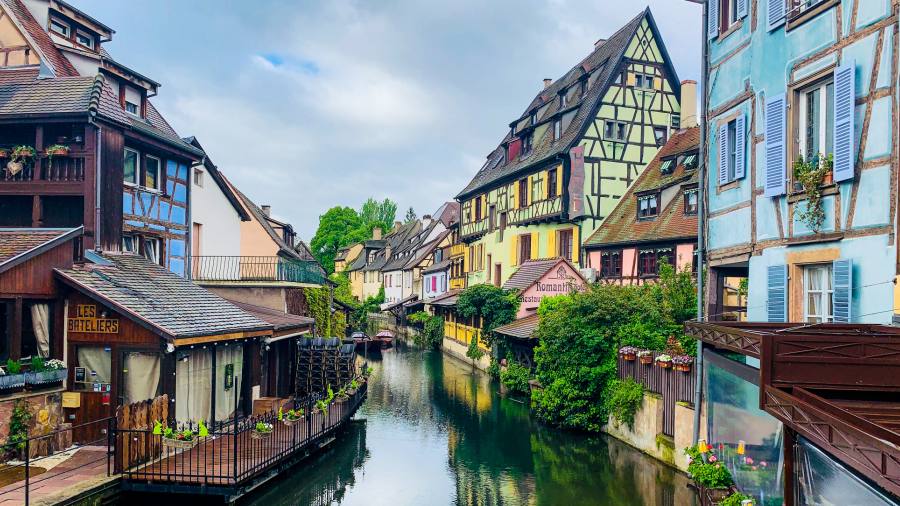
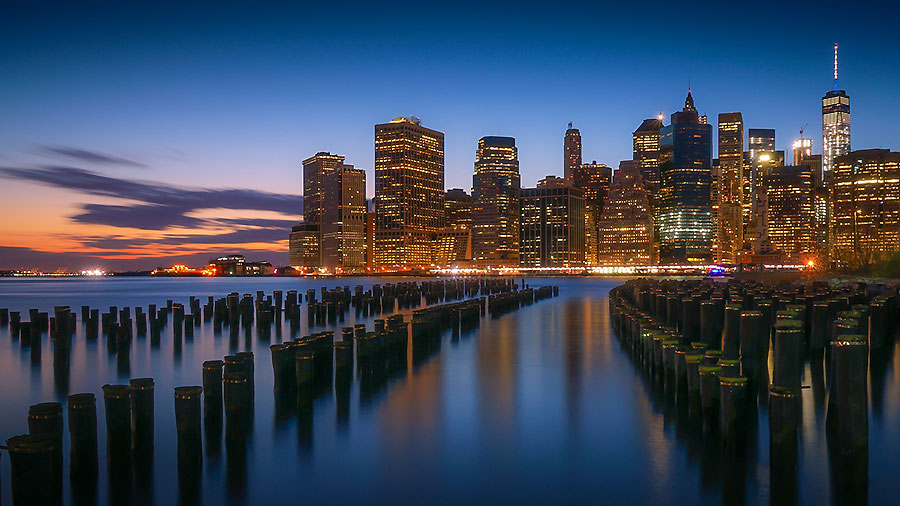
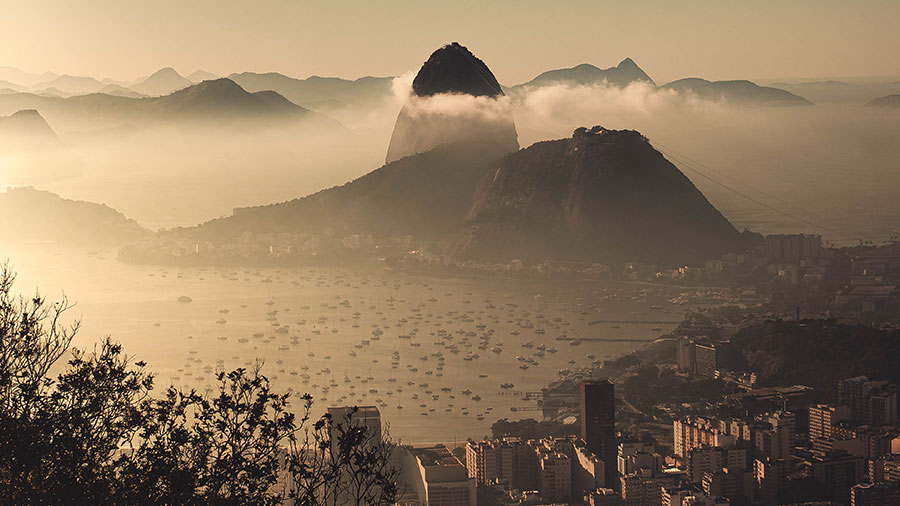
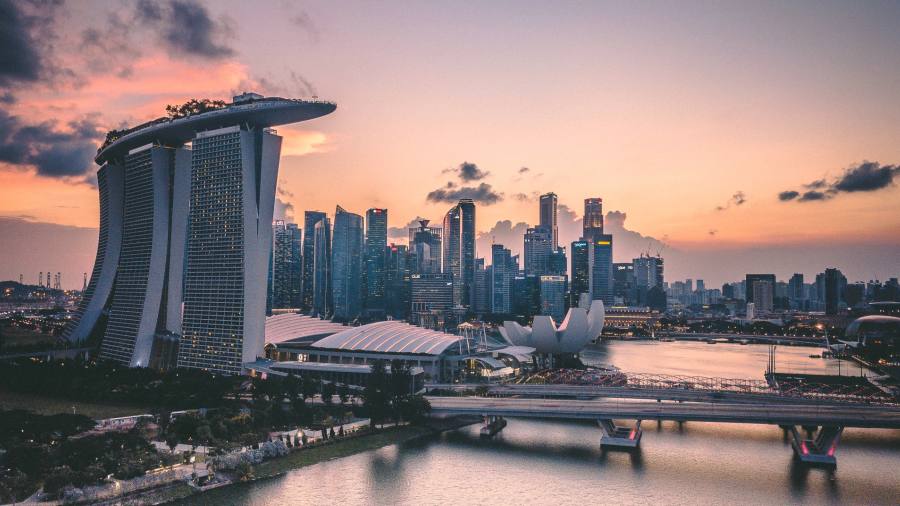
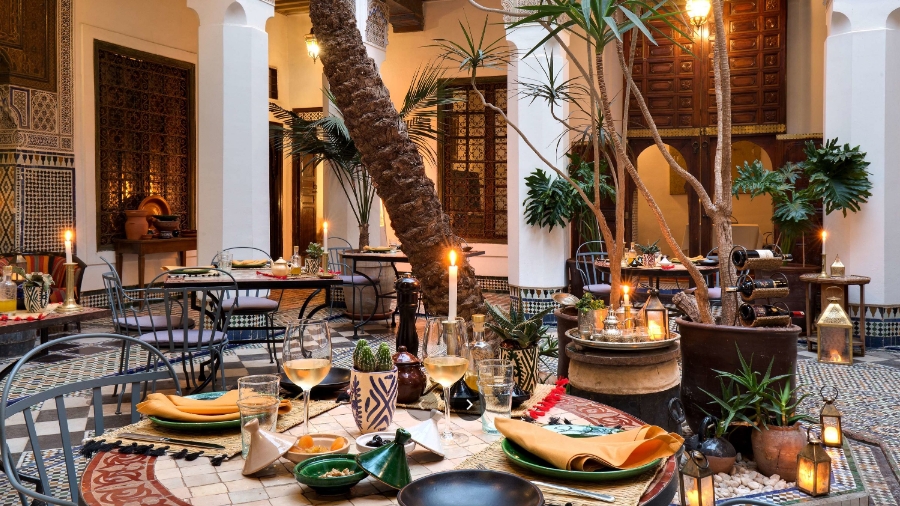
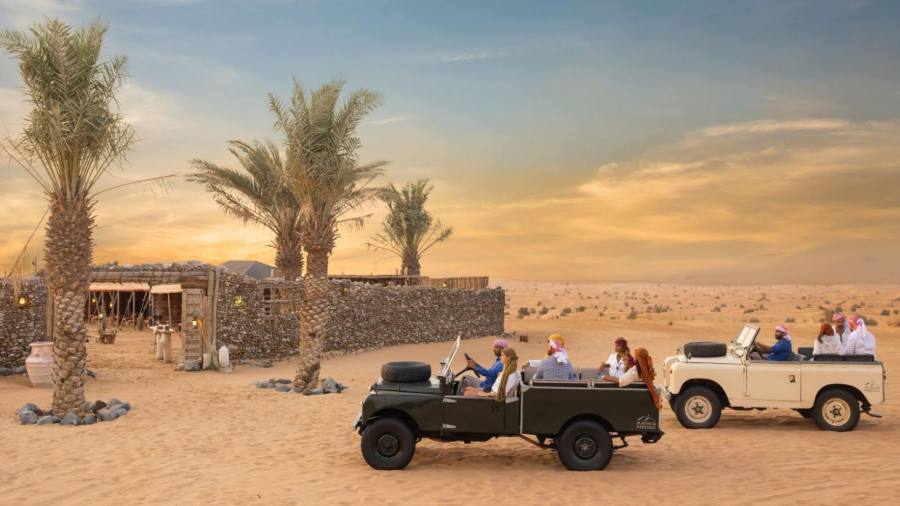
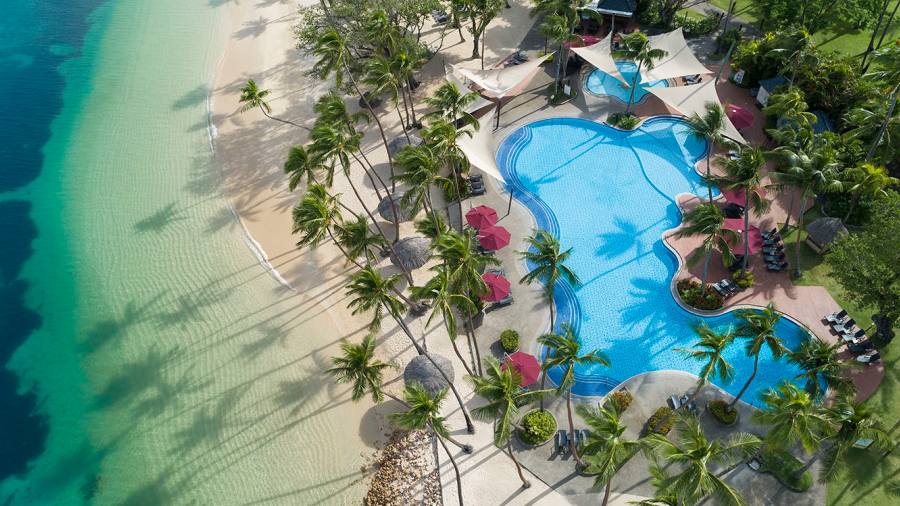
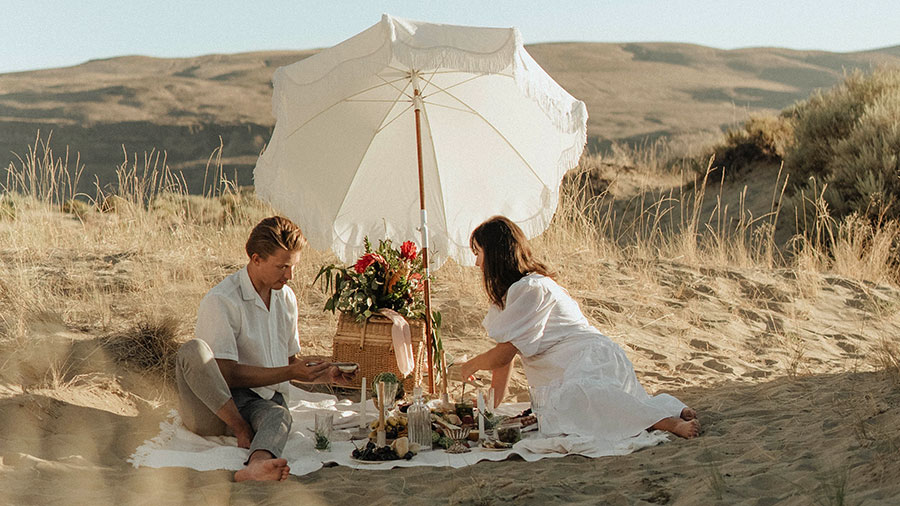
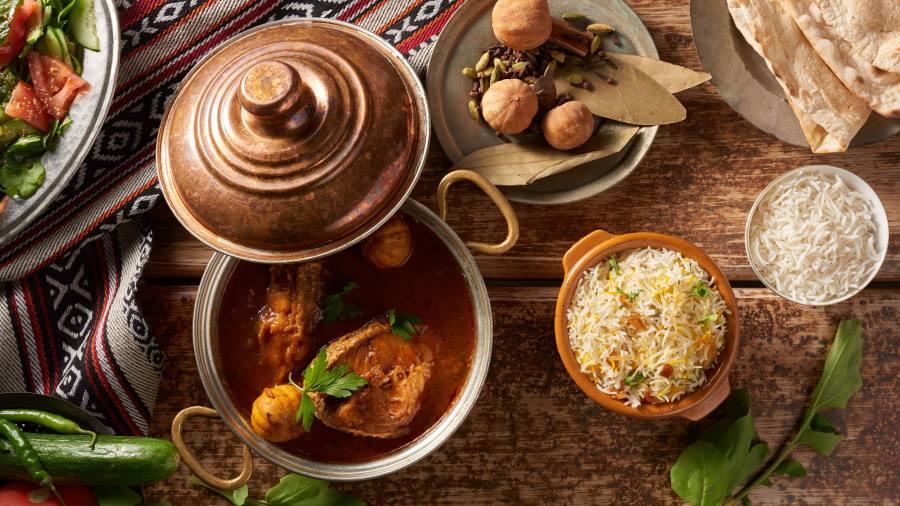
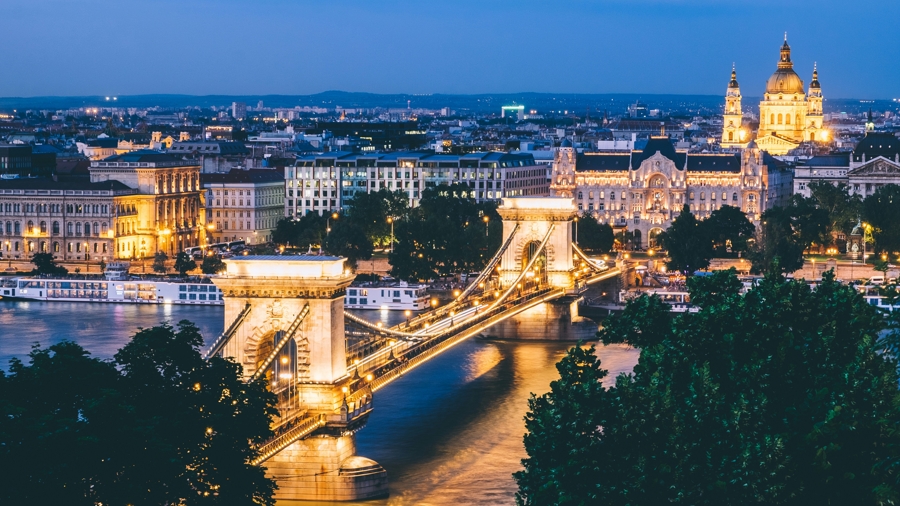
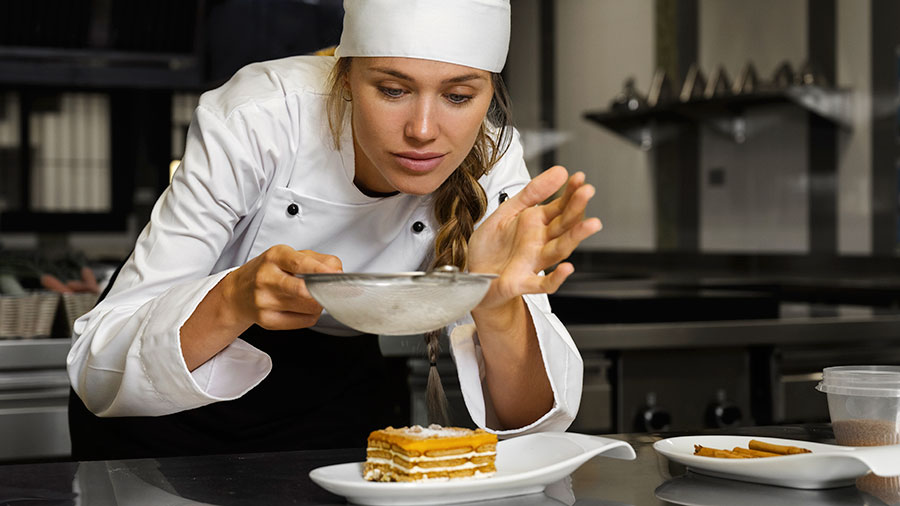
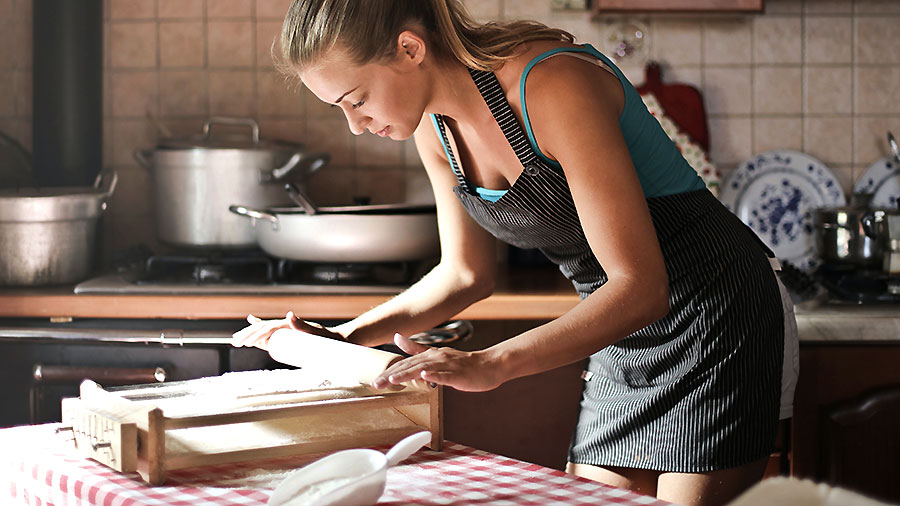
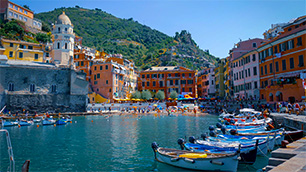 Gastronomy Cities
Gastronomy Cities
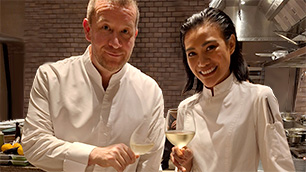 Chef's Talk
Chef's Talk
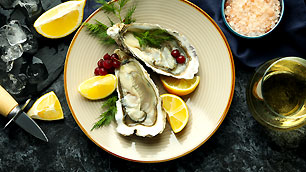 Amazing Food
Amazing Food